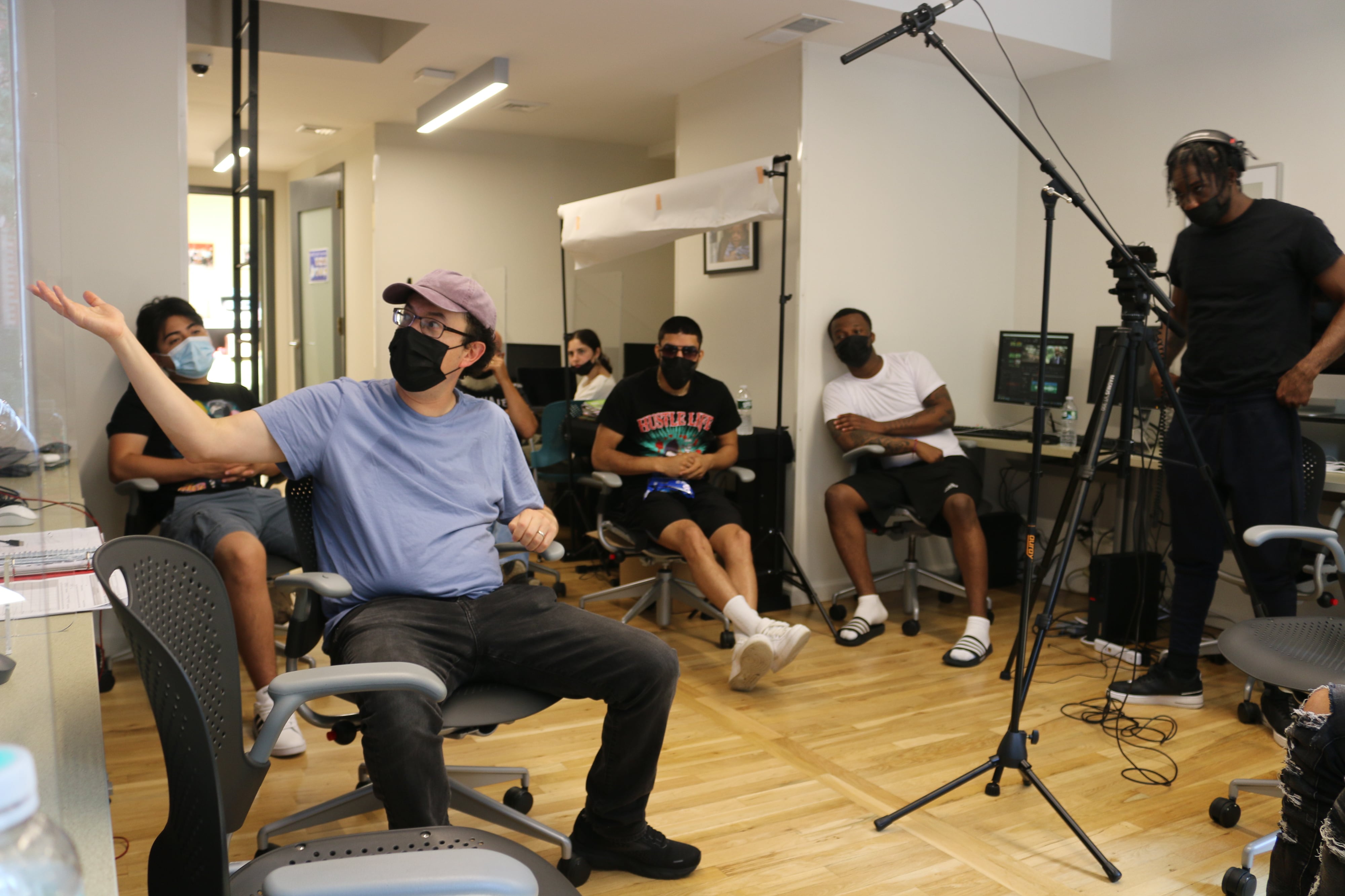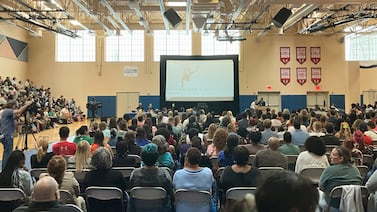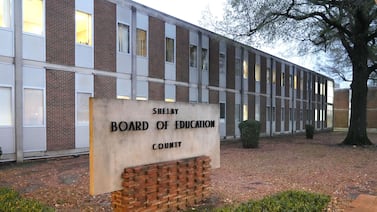Three years ago, then-16-year-old Javier hoped to get a summer job to gain some work experience.
He tried filling out an application for the city’s sprawling Summer Youth Employment Program, but quickly discovered that applicants needed a social security number. He didn’t have one. Javier, who emigrated from Honduras to Brooklyn in 2016, is an undocumented immigrant.
The teen “was disappointed with the system.” He couldn’t understand how the city expected him to attend school and graduate but wouldn’t let him get professional experience.
“I know they are trying to give us as much knowledge as they can for the future,” said Javier, who asked to use his middle name for privacy reasons, “but when I discovered I can’t be part of the program, it was like, damn, how this is possible?”
The city’s Summer Youth Employment Program, or SYEP, is the largest of its kind in the country, offering job and enrichment opportunities to youth ages 14-24. Participants are paid minimum wage, or $15 an hour, while younger youth get a stipend.
Mayor Eric Adams plans to expand the program from about 75,000 slots to 100,000 this summer. His goal is to offer a job opportunity to every young person who wants one.
But this city program still excludes undocumented youth, who may have entered the United States without legal permission or have stayed longer than they were authorized to. There were 77,000 undocumented youth ages 16-24 in New York City in 2019, according to Julia Gelatt, senior policy analyst at Migration Policy Institute. (A breakdown of 14 and 15-year-olds was not available.)
Officials say there are legal barriers that prevent them from offering jobs to undocumented youth through the $170 million summer program, which is funded largely through city dollars but also through millions in federal and state aid.
“Because SYEP is an employment program and youth are paid a wage, federal guidelines require that participants are legally allowed to work in the United States and must be able to submit their I-9 documentation,” or documents that verify an employee’s authorization to work, said Mark Zustovich, a spokesperson for the city’s Department of Youth and Community Development, which oversees SYEP.
Lowell Herschberger, who helps pair youth with jobs through SYEP at the nonprofit Cypress Hills Local Development Corporation, said he gets questions every year from school leaders and youth about opportunities for undocumented people.
“SYEP has done some innovative things around partnering with schools to make a more cohesive and great program that goes year-round, but the undocumented youth continue to be left out in the cold,” he said.
Advocates say these children’s families are more likely to need the cash that comes from SYEP since they are not eligible for many public benefits and tend to work in low-wage jobs. Nearly 29% of undocumented New Yorkers were living in poverty as of 2017, according to city estimates. That’s compared to 18% of naturalized citizens at the time.
Advocates and lawmakers are searching for a workaround. Some have suggested offering stipends to youth instead of paychecks to avoid legal issues. The program itself could be around enrichment and work-based learning instead of traditional employment.
The city and state have implemented multiple programs to offer more benefits and rights to immigrant New Yorkers, including undocumented youth, such as offering tuition assistance for the state’s public universities through the New York DREAM Act, said Vanessa Luna. She is co-founder of ImmsSchools, which holds family workshops and provides professional development for educators on supporting undocumented students.
“I think we have a responsibility as the largest district in the country to create a pathway to internships for students that are immigrants that have different types of immigration status,” Luna said.
Public Advocate Jumaane Williams said he’s lobbying for a program that would operate parallel to SYEP, offering “educational enrichment” programming to undocumented youth that would provide participants with a stipend instead of a paycheck.
He unsuccessfully proposed legislation to create such a program in 2019.
Advocates are concerned, however, that undocumented youth could be paid less and not get the same type of work opportunities as their peers under such a structure. Youth without social security numbers, for instance, cannot be paid over $599 because anything above that requires filing work authorization documents, said Monia Salam, program director for work-based learning at ExpandED schools.
Some programs have been able to work within these confines, Salam pointed out. Last summer, for example, the city offered $599 stipends to nearly 500 students at 19 schools with high immigrant populations for participating in “work readiness” training, she said. Participants were not asked for their social security numbers.
“The problem is that all of these solutions are just duct tapes — they are not systemwide solutions, they’re not equitable,” Salam said. “What we’re asking for is that the city commits to this and says, ‘We’re gonna have a summer job for all young people regardless of their immigration status and create a system similar to SYEP where everyone can apply.’”
Williams acknowledged that equity is a concern, but that a systemwide change could involve big hurdles, such as changing federal laws. His idea, he argued, provides some level of access to everyone.
He said he’s had some preliminary discussions with the Adams administration about his vision.
Zustovich, from DYCD, said the Adams administration would welcome a change in federal laws and “is proactively investing in unique programs to address those disparities and, to the extent possible, help level the playing field for undocumented youth.” He did not immediately elaborate on those programs.
Reema Amin is a reporter covering New York City schools with a focus on state policy and English language learners. Contact Reema at ramin@chalkbeat.org.






